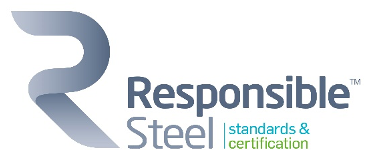The steel industry, like many others – has its sustainability challenges. It’s why we’ve keen to improve our performance and drive the development of a strategy to play our part in creating a better New Zealand.
Sustainability has many facets – and steel is a strong contributor to many of these.
In our journey to understand this better, the New Zealand Metals industry was the first industry to assess itself against the Governments Living Standards framework. This work showed we are a strong contributor to intergenerational wellbeing.
We primarily contribute to financial capital, human capital and social capital measures. We also perform well in some key aspects of the natural capital measures, particularly life cycle analysis, resilience and recyclability. However, there is room to improve in terms of our carbon performance.
What is clear, is that we need to understand the longer-term options for replacing carbon as the reductant in steel making. We also need to understand what we can do in the meantime to improve our performance.
Our role in sustainability
We aren’t a spokesgroup for steel manufacturers. They themselves will need to identify and communicate their plans for reducing carbon emissions through the steel making process directly.
Our role is to stimulate innovation to future-proof our industry. That’s why we’re currently leading two key carbon initiatives which investigate the opportunity for zero carbon steel building products in Aotearoa, and accounting for and offsetting our own carbon emissions.
To achieve this, we’ve aligned with like-minded organisation such as the Sustainable Steel Council (SSC), thinkstep-anz and industry early adopters in the sustainability space. Together, developing case studies, templates and programs to improve the sustainability credentials of our industry.
















































































